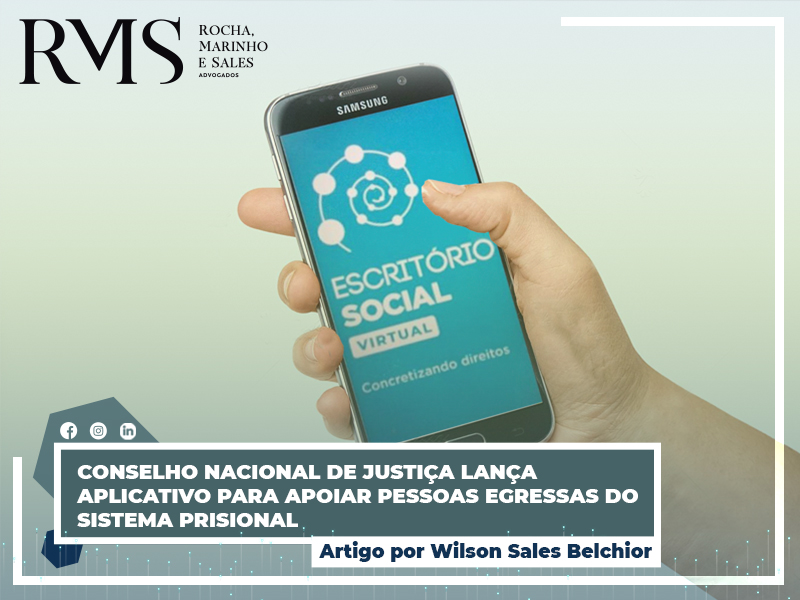Regulatory debate on new technologies and legal services
15/02/2021

Therefore, exercising judgment about a negotiated setting of ethical and normative limits for the use of solutions and tools by the law firm is an urgent matter.
Recently, the OAB Federal Council inspected startups and websites that intend to bring together clients and lawyers, offer some type of consensual solution of conflicts in specific economic sectors, or facilitate the development of websites and the carrying out legal steps.
It is well known that the core on which ethics in law is structured is formed by the prohibition on the commercialization of the profession and the undue attraction of clients, as well as the purely informative character of professional advertising, which must be guided by discretion and sobriety. This is explained, among other reasons, by the fact that the practice of law concretizes the provision of public service and the exercise of a social function, as an indispensable activity for the administration of justice, which directly contributes to the defense of the Democratic Rule of Law.
Equally, it is clear that society, in all its spaces, undergoes intense transformations, provided by new technologies, which resignify, in different dimensions, behaviors, social practices and professional activities. The legal area is not unaware of these movements, so much so that national and international initiatives to regulate impacts, the development of new solutions and the use of the benefits arising from this technological transformation are increasingly observed.
The great challenge that presents itself in the Brazilian case is the compatibility between the norms, values and professional ethics that guide the advocacy activity in the country and the new or consolidated phenomena that are associated with the exponential trajectory of diversification and technological innovation. Therefore, exercising judgment about a negotiated setting of ethical and normative limits for the use of solutions and tools by the law firm is an urgent matter.
What has already been done, under the leadership of the Federal Council of the OAB, in what concerns professional advertising and intermediation platforms, having provided, before the social distance, public hearings in all Sectional Councils, in order to be discussed the possibilities of reducing extensive, subjective and / or divergent interpretations, to organize a specific regulatory framework.
At the intersection of new technologies and legal services, the regulatory debate is indispensable, requiring the organization of clear and objective definitions regarding what is compatible or not with the framework that guides the legal practice in Brazil. Likewise, it is always opportune to consider the speed with which technological innovations emerge, so that in that weighting judgment, the regulatory activity lays the foundations for an effective framework, which does not become out of date in a too short period.
By: Wilson Sales Belchior




